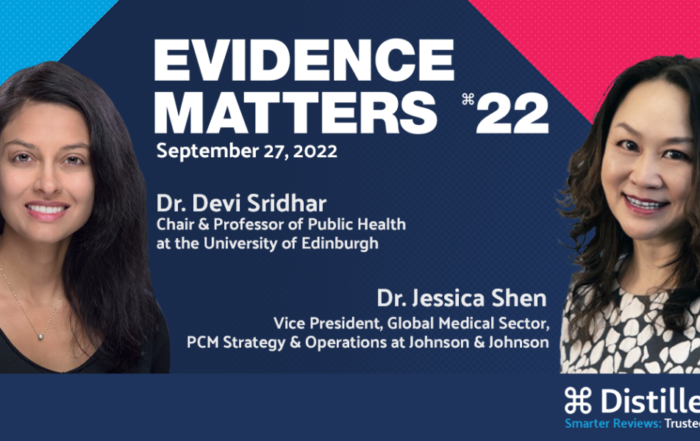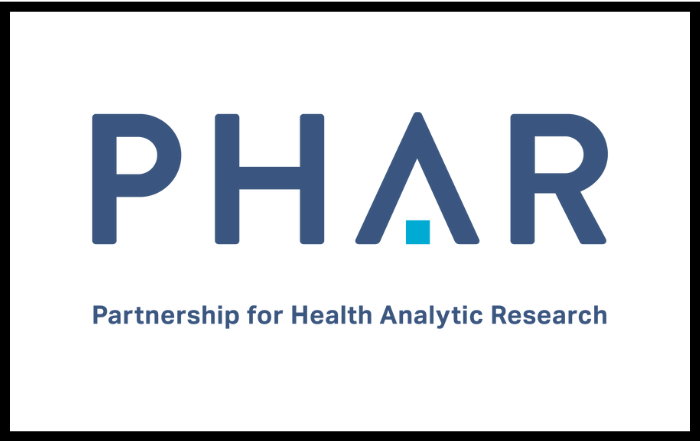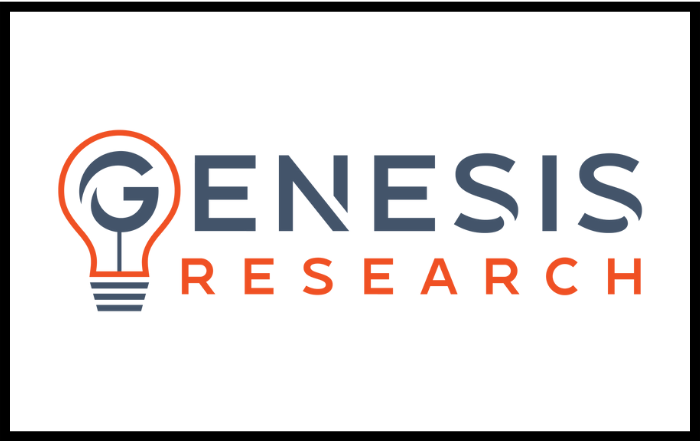Gene therapies are potentially curative and are generally developed for diseases with devastating consequences, where there is no treatment or sub optimal treatment options. Because they are high cost, a key challenge for manufacturers is to demonstrate value to payers in a health technology assessment (HTA) setting.
For this session, we will look at the challenges and characteristics of products that have low frequency of administration, high up-front cost and value demonstration that occurs over a long-time horizon. We will discuss clinical trial design, evidence generation and the regulatory environment.
Through specific gene therapy examples we will look at how HTA agencies in France, Germany and the United Kingdom considered the disease being treated; how they evaluated the technology including clinical trial design, outcomes, health economics data and overall evidence package; and how they managed uncertainty. We also discuss the evolution of HTA evaluations over time as more products have come to market.
In addition, we will share ICON original research on payer perspectives on the assessment of our example products and their views on the changing landscape for advanced therapy medicinal products (ATMPs). Attendees will come away with a review of the HTA and the broader market access implications for gene therapies, including:
- the unique characteristics of ATMPs; the potential value they offer and the challenges of demonstrating that value to payers
- a review HTA processes for gene therapy products
- a critique of the HTA review of selected gene therapy products
- an understanding of payer perceptions and broader market access implications for gene therapy products
- insights on HTA, pricing and reimbursement for future gene therapies
Click here for additional information and registration details.



